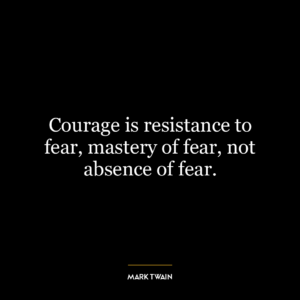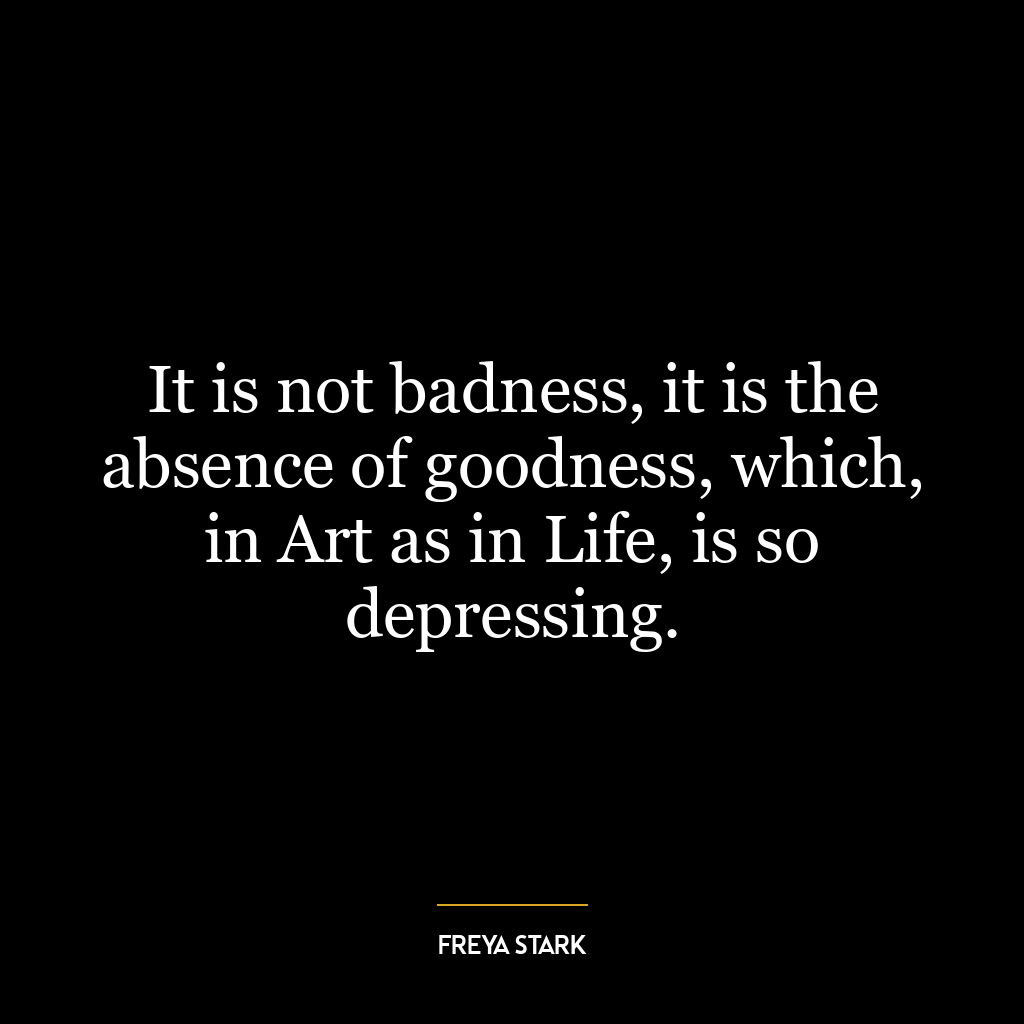Half of the results of a good intentions are evil; half the results of an evil intention are good.
This quote suggests the paradoxical nature of intentions and their outcomes. It implies that good intentions do not always lead to good results, and evil intentions do not always result in evil outcomes. This is a reflection of the complexity and unpredictability of life, where outcomes are often influenced by a multitude of factors beyond our control.
The first part of the quote, ”Half of the results of good intentions are evil,” suggests that even with the best intentions, the outcomes can be negative. This could be due to misjudgments, unforeseen consequences, or the complexity of situations. For example, a parent might be overly protective with the intention of keeping their child safe, but this could result in the child becoming overly dependent or lacking resilience.
The second part, “Half the results of an evil intention are good,” suggests that even with negative intentions, the outcomes can sometimes be positive. This could be due to the intervention of external factors, the inherent unpredictability of life, or the fact that ‘evil’ is subjective and can lead to unexpected benefits. For example, a person might intend to harm another out of revenge, but this could inadvertently lead to the victim becoming stronger or the situation bringing about positive change.
In today’s world, this quote could be applied to various scenarios, such as politics, where well-intended policies might lead to unintended negative consequences, or business, where cutthroat strategies might inadvertently benefit consumers or the industry. It could also be applied in personal development, reminding us to be mindful of our actions and their potential consequences, even when our intentions are good. It encourages us to consider different perspectives and potential outcomes before acting, and to be open to the idea that good can come from unexpected places.









